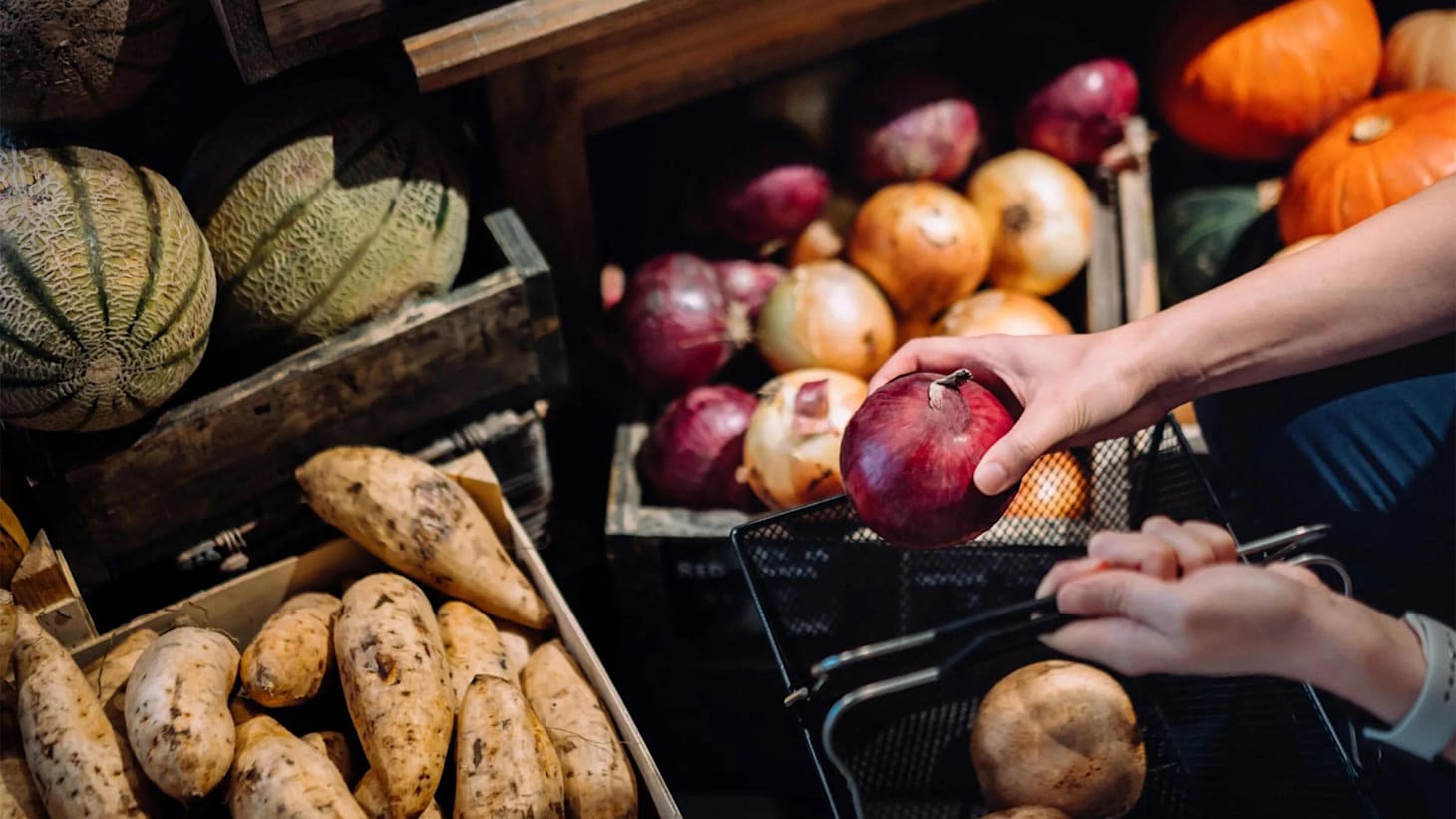Sustainable Gastronomy 2024: Culinary Excellence with a Conscience
In the realm of culinary arts, the year 2024 is witnessing a transformative shift towards sustainable practices. From sourcing ingredients to waste management, the concept of sustainable gastronomy is reshaping the way we experience and appreciate food.
1. Locally Sourced Ingredients: A Flavorful Commitment
The heart of sustainable cuisine lies in the use of locally sourced ingredients. Restaurants and culinary businesses are increasingly turning to local farmers and producers, not only to support the community but also to reduce the carbon footprint associated with transportation.
2. Seasonal Menus: Harmony with Nature’s Rhythms
To align with the principles of sustainability, many establishments are adopting seasonal menus. By prioritizing ingredients that are in-season, chefs can ensure freshness, flavor, and nutritional value while promoting biodiversity and responsible farming practices.
3. Zero-Waste Cooking Techniques: Minimizing Environmental Impact
In 2024, chefs are mastering the art of zero-waste cooking. From root to stem and nose to tail, every part of an ingredient is utilized creatively. This not only minimizes food waste but also adds an innovative touch to culinary creations.
4. Eco-Friendly Packaging: Reducing the Culinary Carbon Footprint
As the demand for takeout and food delivery grows, sustainable businesses are focusing on eco-friendly packaging. Biodegradable and compostable materials are replacing traditional single-use plastics, reducing the environmental impact associated with food packaging.
5. Energy-Efficient Kitchen Practices: Cooking with a Conscience
In sustainable kitchens, energy efficiency is a priority. Chefs are embracing energy-saving appliances, optimizing kitchen layouts for better workflow, and implementing practices that minimize energy consumption. This not only lowers operational costs but also contributes to a greener culinary industry.
6. Community Engagement: Fostering Local Connections
Sustainable gastronomy extends beyond the kitchen to community engagement. Establishments are actively involved in local initiatives, supporting food-related charities, and educating the community about sustainable practices. This creates a symbiotic relationship between the culinary business and its surroundings.
7. Plant-Based Culinary Innovation: Redefining Tastes
The rise of plant-based cuisine is a significant trend in 2024. Chefs are creatively incorporating plant-based ingredients into their menus, offering flavorful and diverse options that appeal to both vegans and non-vegans. This shift contributes to reducing the environmental impact of food production.
8. Water Conservation in Culinary Operations
Water is a precious resource, and sustainable culinary practices recognize the importance of water conservation. From efficient dishwashing techniques to water-wise cooking methods, businesses are taking steps to minimize water usage and promote responsible water management.
9. Certification and Transparency: Building Trust with Diners
Sustainable businesses are obtaining certifications and providing transparency about their sourcing and operational practices. This not only builds trust with diners but also contributes to the broader movement of promoting sustainable and ethical practices in the culinary industry.
10. Educational Initiatives: Nurturing a Sustainable Culinary Culture
To foster a culture of sustainability, culinary establishments are engaging in educational initiatives. Workshops, cooking classes, and collaborations with local schools contribute to spreading awareness about sustainable practices, ensuring a lasting impact on future generations.
In the landscape of Sustainable Gastronomy 2024, businesses are proving that culinary excellence and environmental consciousness can go hand in hand. For more insights on Sustainable Business 2024 Cuisine, visit Sustainable Business 2024 Cuisine. Embrace a culinary journey that not only delights the palate but also respects the planet.










